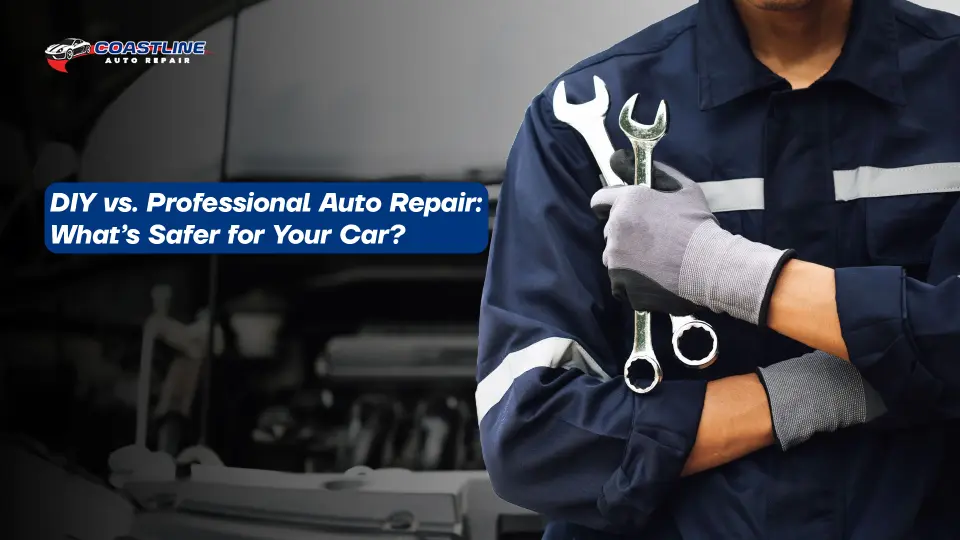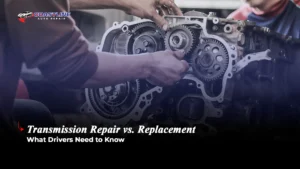In an age of YouTube tutorials and handy tool kits, more car owners than ever are tempted to take repairs into their own hands. From replacing brake pads to diagnosing engine trouble with an OBD scanner, the DIY route can seem like a cost-effective and satisfying solution. But when it comes to the safety and longevity of your vehicle, is it really the smartest move?
Let’s break down the pros and cons of DIY vs. professional auto repair—and help you decide what’s truly safest for your car (and your wallet).
The Rise of DIY Car Repairs
There’s no denying the appeal of the DIY approach:
- You save on labour costs.
- You get the satisfaction of doing it yourself.
- You learn more about how your vehicle works.
For small tasks like replacing windshield wipers, changing oil, or swapping out an air filter, DIY is usually safe and practical. Many manufacturers even encourage owners to perform basic maintenance themselves.
But here’s where things get tricky…
When DIY Becomes Dangerous
Cars today are far more complex than they were a decade ago. With advanced safety systems, intricate electronics, and tightly integrated parts, even a minor mistake can cause significant damage—or worse, create a safety hazard on the road.
Here are common risks of DIY auto repair:
- Incorrect installation of parts (like brake components or suspension systems) can lead to accidents.
- Electrical errors can fry your vehicle’s computer or disable crucial systems like airbags or ABS.
- Lack of proper tools may result in damage or incomplete repairs.
- No warranty or guarantee if something goes wrong.
In short, what seems like a quick fix can turn into a costly (or dangerous) problem if not handled with precision.
The Advantages of Professional Auto Repair
Certified mechanics bring more than just tools to the table—they bring experience, technical training, and access to diagnostic equipment that DIYers don’t have. Here’s why professional repair is often the safer route:
Expertise You Can Trust
Trained technicians understand the nuances of modern vehicles and are less likely to misdiagnose or overlook key issues.
Quality Assurance
Shops provide warranties on their work, giving you peace of mind that the repair is done right.
Access to OEM Parts
Professionals typically use original manufacturer parts or high-grade alternatives, ensuring better performance and compatibility.
Safety Above All
Whether it’s a brake job or engine repair, professionals prioritize your vehicle’s safety—and yours.
The Real Cost: Short-Term Savings vs. Long-Term Security
Sure, a DIY job may save you money today. But what if the fix fails tomorrow? Improper repairs can:
- Void your vehicle’s warranty.
- Lower its resale value.
- Lead to more expensive damage down the road.
- Put you and others in danger.
Professional service might cost more upfront, but it can save thousands in the long run—not to mention your life.
So… Which Is Safer?
When it comes to safety, professional auto repair wins—hands down.
That doesn’t mean you should never lift a wrench. Routine maintenance tasks like tire pressure checks, oil changes, or battery replacements can still be done at home with care and the right guidance.
But for anything involving your engine, brakes, transmission, or electrical systems, it’s best to trust the pros.
CONCLUSION
Taking control of your car’s maintenance can be empowering—but it’s crucial to know your limits. Your vehicle isn’t just a machine; it’s your everyday lifeline. When in doubt, leave the repairs to trained professionals who have the tools, knowledge, and accountability to keep you safely on the road.




